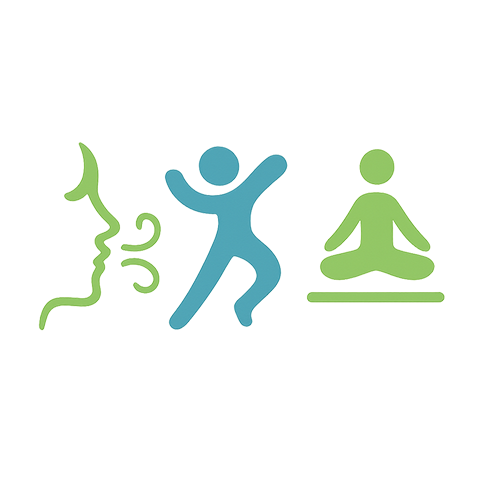Endurance training is often perceived as a rigorous, intimidating endeavor, reserved for seasoned athletes and marathon runners. However, it encompasses much more than just long-distance runs and grueling sessions in the gym. At its core, endurance training is about building resilience—both physically and mentally. It is a journey of discovery, pushing boundaries, and realizing what your body is truly capable of achieving.
In the realm of fitness, endurance training serves as a cornerstone for overall health. Incorporating various forms of sustained physical activity, such as running, cycling, swimming, or even brisk walking, helps develop your cardiovascular system, strengthen muscles, and enhance stamina. As you embark on this journey, you may start noticing how everyday tasks become easier, from climbing stairs without losing your breath to enjoying extended outdoor activities with friends and family.
One of the most beautiful aspects of endurance training is its ability to foster a sense of community. Joining a local running group or participating in group cycling classes can lead to lasting friendships. You share sweat, laughter, and sometimes even tears as you all push through those tough workouts while celebrating each other’s progress and milestones. These connections create a supportive environment that encourages you to stay committed to your goals.
Moreover, endurance training has profound benefits beyond physical fitness; it can significantly impact your mental health. The repetitive nature of endurance activities creates a meditative state, allowing you to clear your mind and focus on the present moment. As your body adapts to longer sessions, you may find an unexpected mental clarity that spills over into other areas of your life, helping you manage stress and anxiety more effectively.
To get started with endurance training, it’s important to tailor your activities to your fitness level. Beginners might focus on shorter sessions, gradually increasing duration and intensity over time. Incorporating cross-training—mixing different activities—can keep workouts fresh and help prevent burnout or injury. Remember, it’s not just about running a marathon; it’s about creating a sustainable and enjoyable fitness routine that ultimately contributes to your overall health.
As you engage in endurance training, it’s essential to listen to your body. Progress may come in fits and starts, but every step forward, no matter how small, is an achievement worth celebrating. Acknowledge the effort you’re putting in, revel in the small victories, and don’t shy away from the occasional setback. Each experience, whether triumphant or challenging, adds to your resilience.
Incorporating endurance training into your life can feel like a transformation—a journey toward greater fitness and health. As you push through physical barriers, you’ll find a reservoir of strength you didn’t know existed within you, ready to propel you toward new challenges. So lace up your shoes, step outside, and take that first stride. The path to endurance awaits you, promising not just physical prowess but an enriching journey towards a healthier, more active life.




